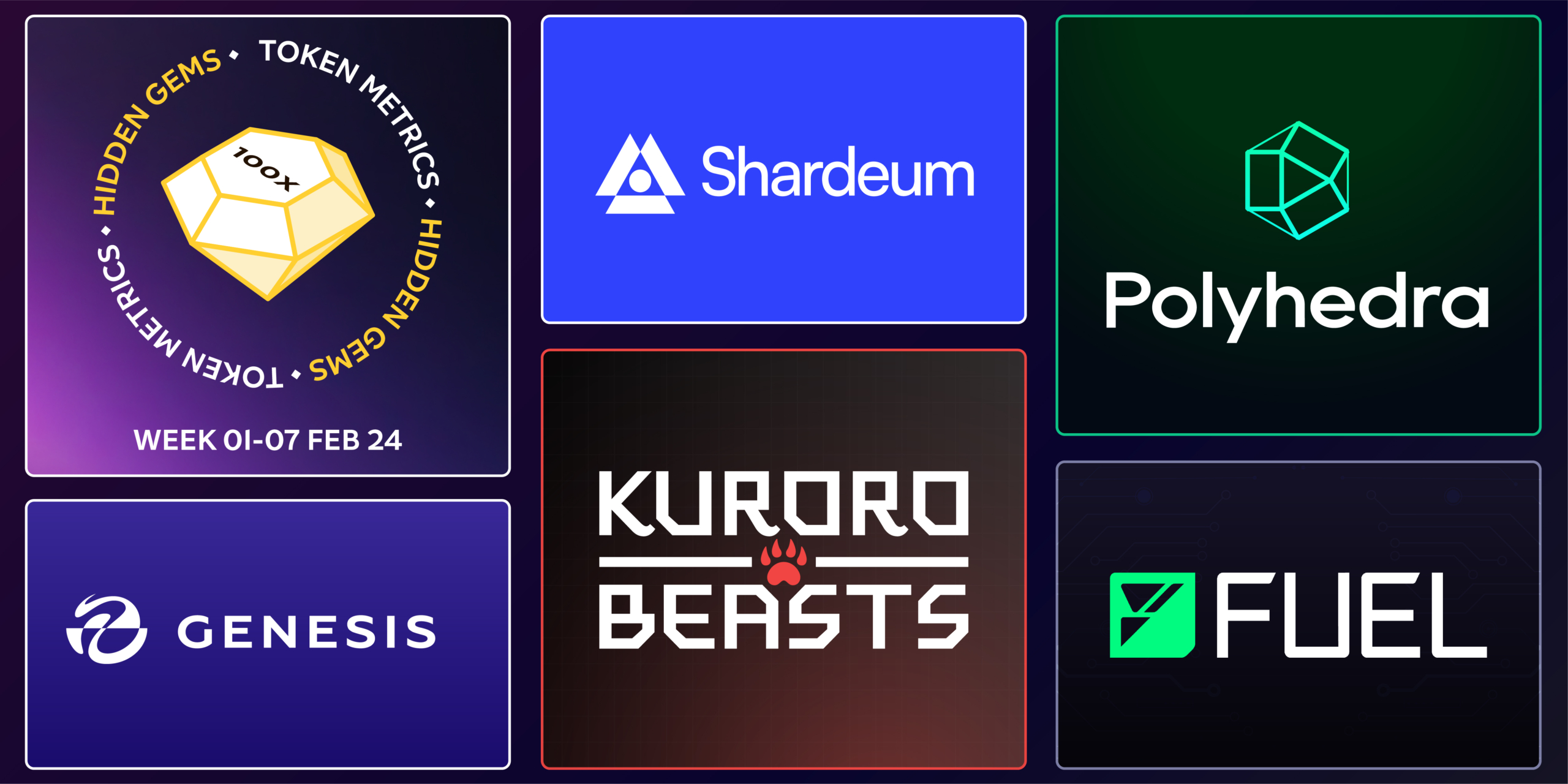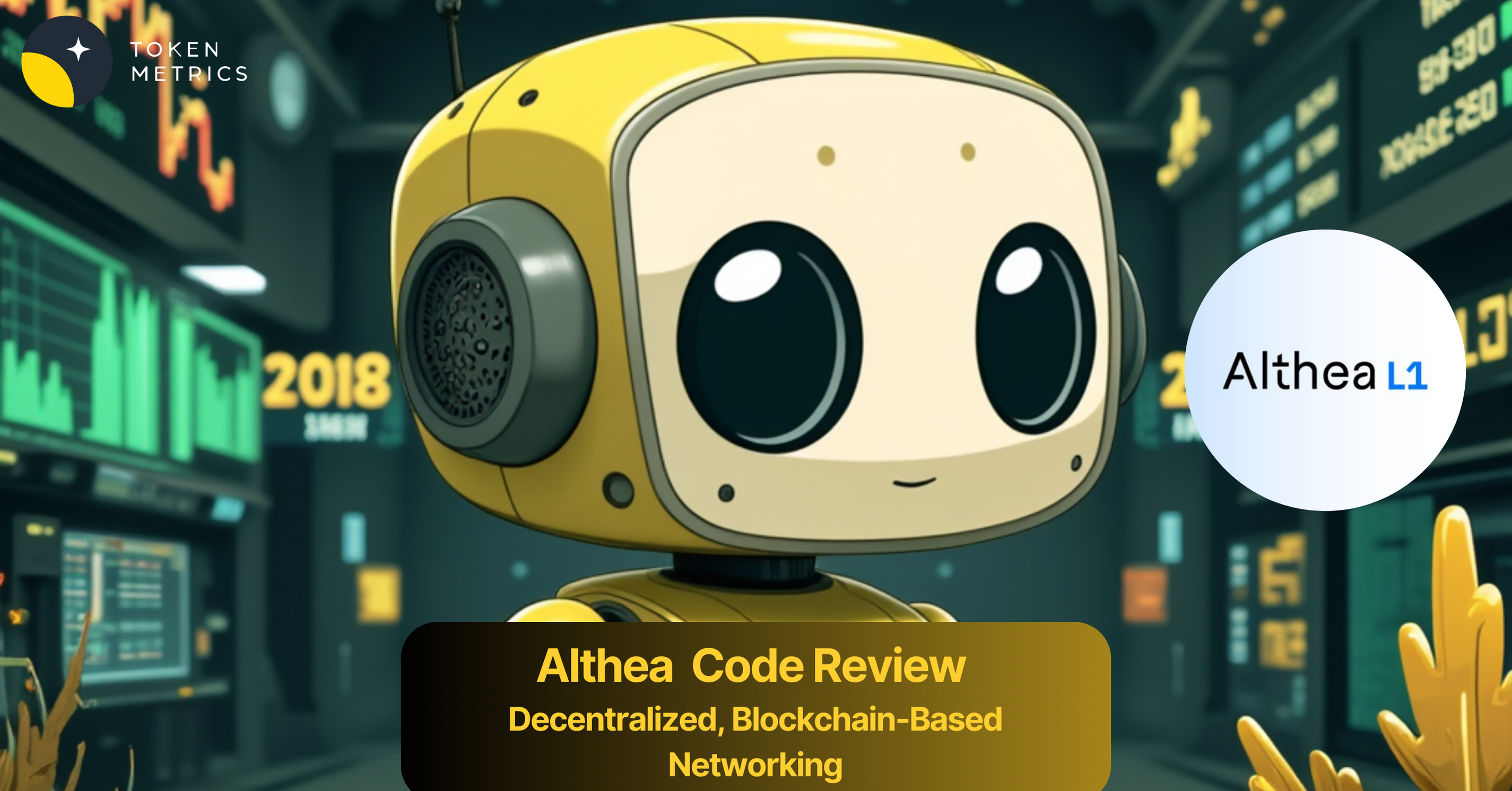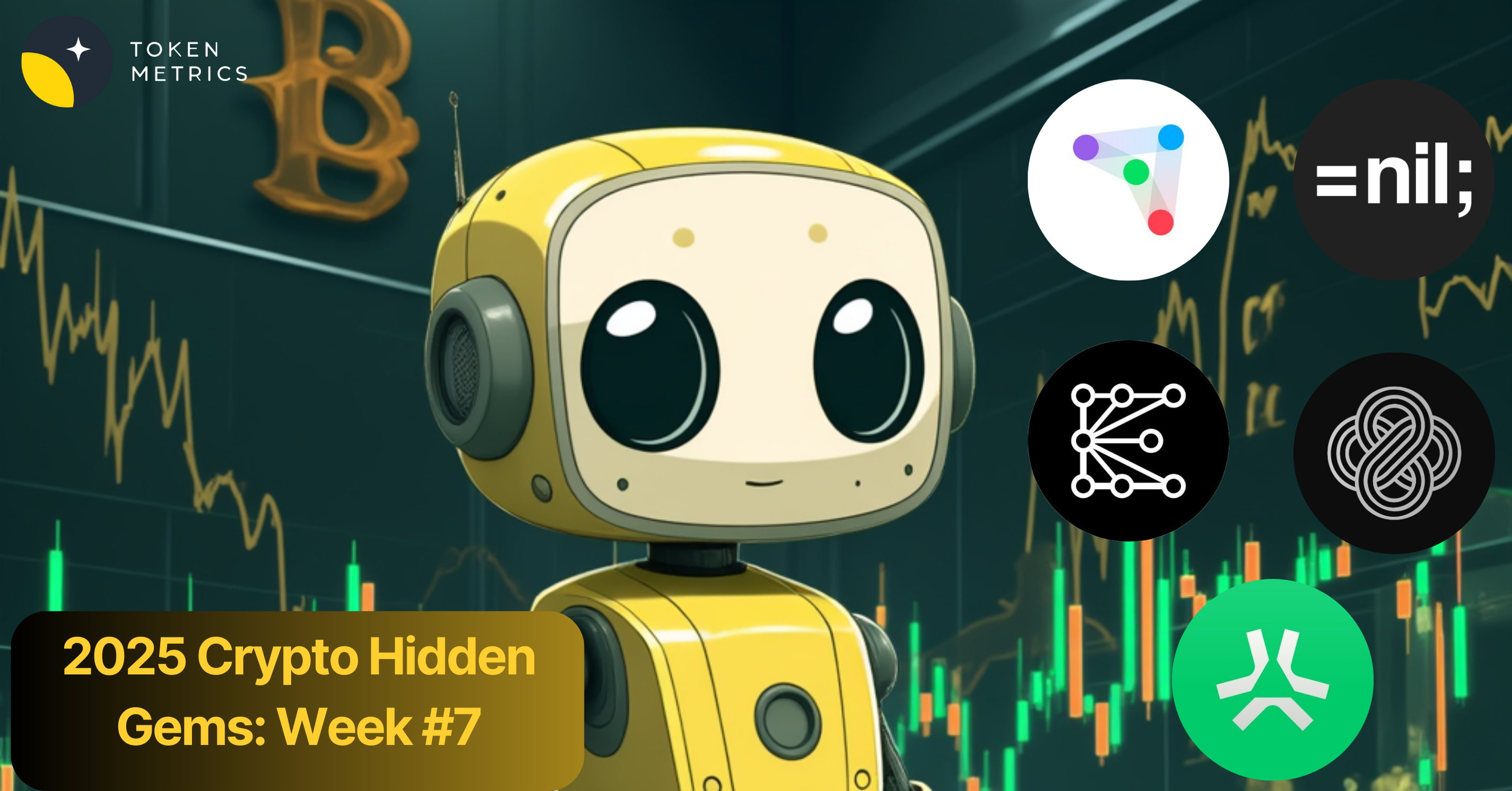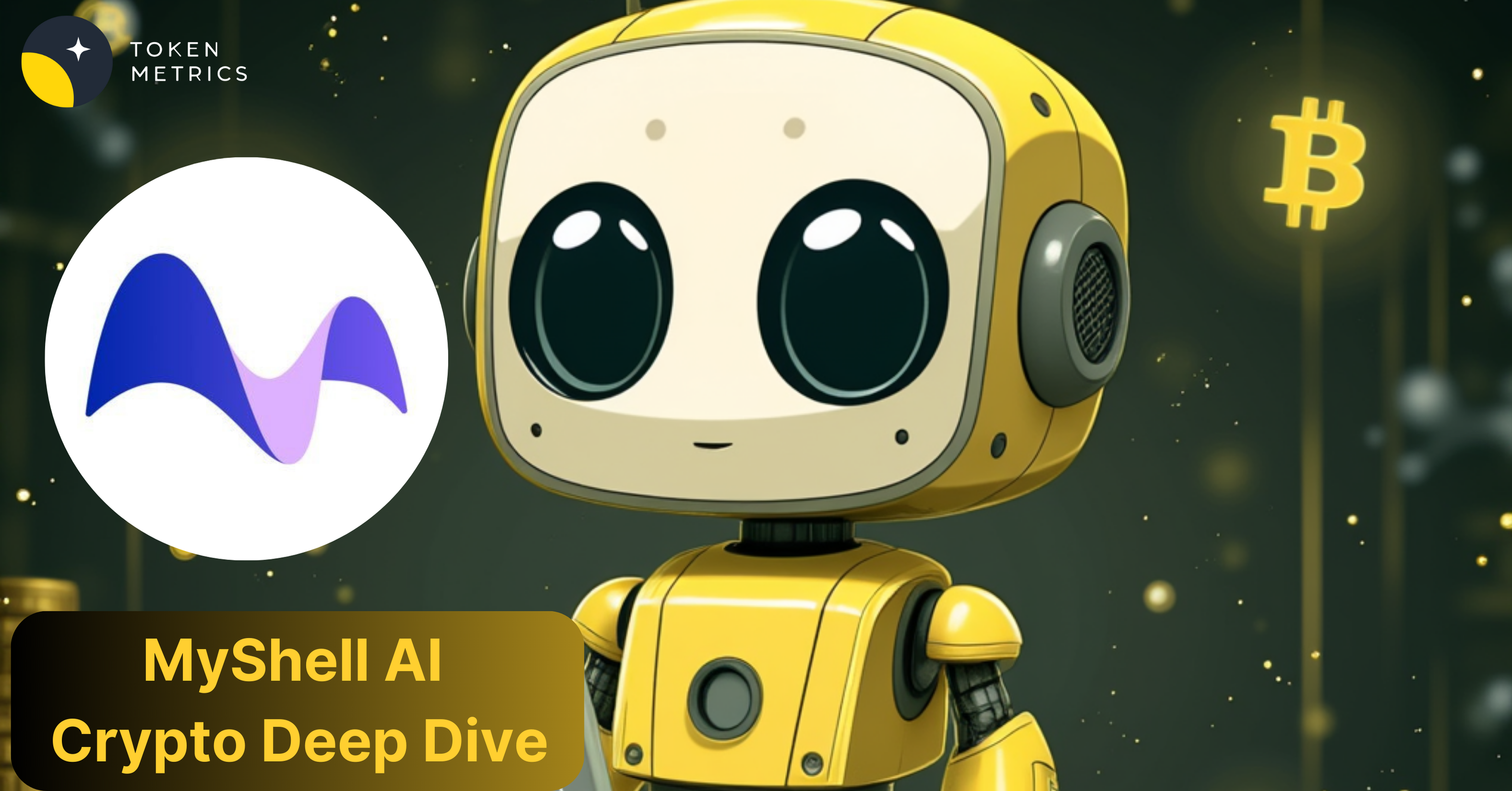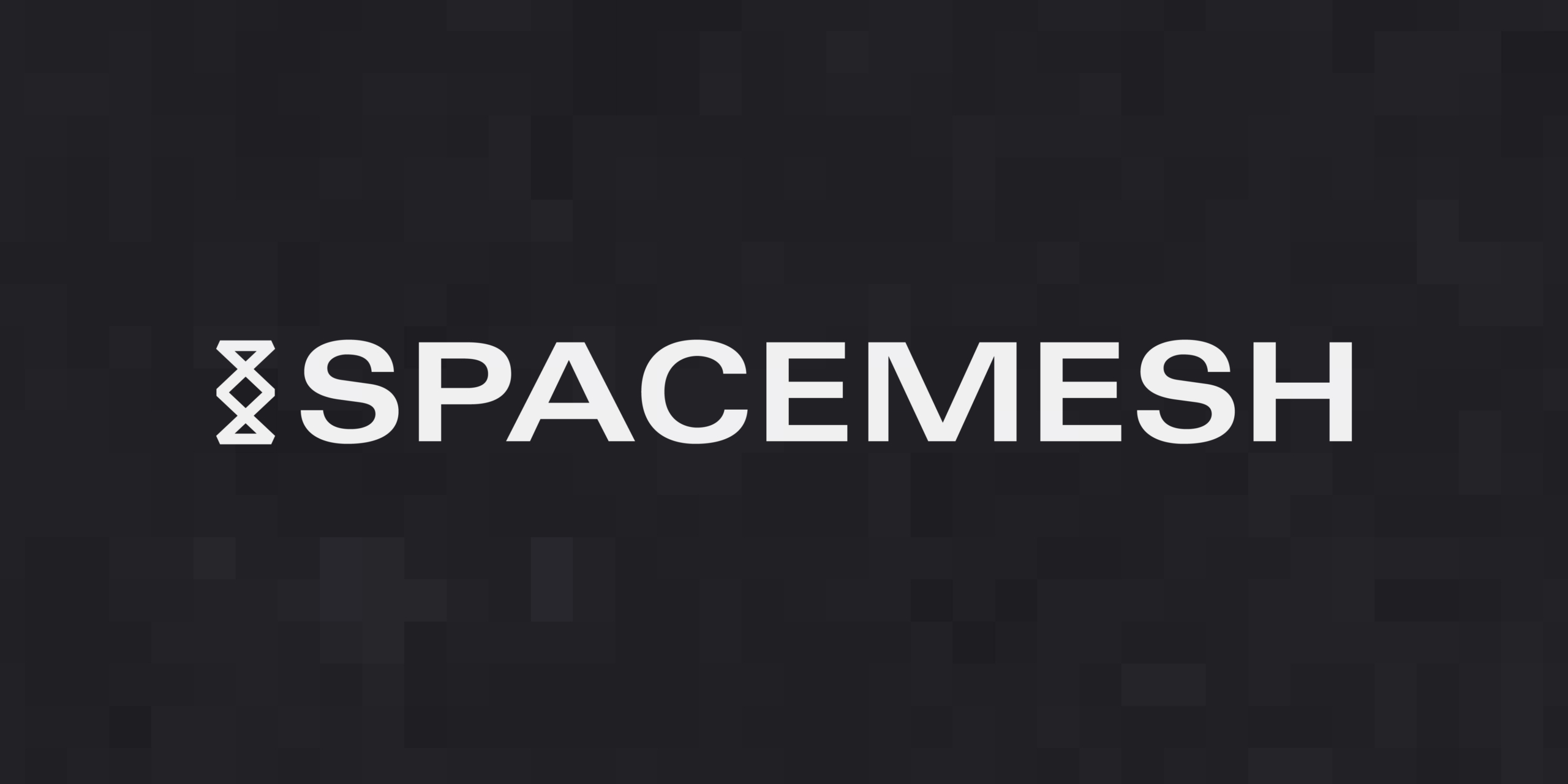TOKEN METRICS WATCHLIST
We scored many projects this week. Here are a few you should know about:
- Shardeum
- Genesis
- Polyhedra
- Fuel Network
- Kuroro Beasts
Please remember that some of these projects must still be subjected to our code review process. Still, we want to call them out here for preliminarily catching our eye based on our fundamental analysis process.
Shardeum – 64.58%
 Website | X(Twitter)
Website | X(Twitter)
Sector – Layer 1
Status – Testnet
Shardeum operates as an Ethereum Virtual Machine (EVM) based Layer 1 (L1) solution, employing dynamic state sharding to achieve linear scalability while preserving atomic composability across shards. This unique approach enables Shardeum to enhance its Transactions Per Second (TPS) capacity with each added validator, ensuring sustainable low fees.
Distinguished by its exceptional throughput capacity among EVM-based Layer 1 platforms, Shardeum maintains a commitment to decentralization. Developers can seamlessly deploy and interact with Solidity or Vyper contracts, as the automatic deployment to unique shards preserves atomic composability across the entire network.
- Scalability: Through dynamic state sharding, Shardeum achieves consensus at the transaction level, resulting in high-speed processing through parallel execution. This innovative approach ensures optimal scalability and minimizes transaction fees.
- Security: Shardeum prioritizes security through a combined proof-of-stake and proof-of-quorum consensus approach. Implementing an auto-rotation mechanism further reinforces the commitment to security at every stage of operation.
- Decentralization: Designed as a permissionless platform, Shardeum encourages community participation by allowing individuals to run nodes, thereby increasing Transactions Per Second (TPS). This inclusive model enables participation irrespective of geographical location or background, promoting decentralization.
Shardeum is a solution to the blockchain trilemma, effectively addressing the challenge of achieving scalability, decentralization, and security concurrently. In contrast to the traditional trade-off scenario where only two elements can be attained, Shardeum successfully integrates scalability, decentralization, and security, establishing a robust and balanced blockchain ecosystem.
Investors

Token
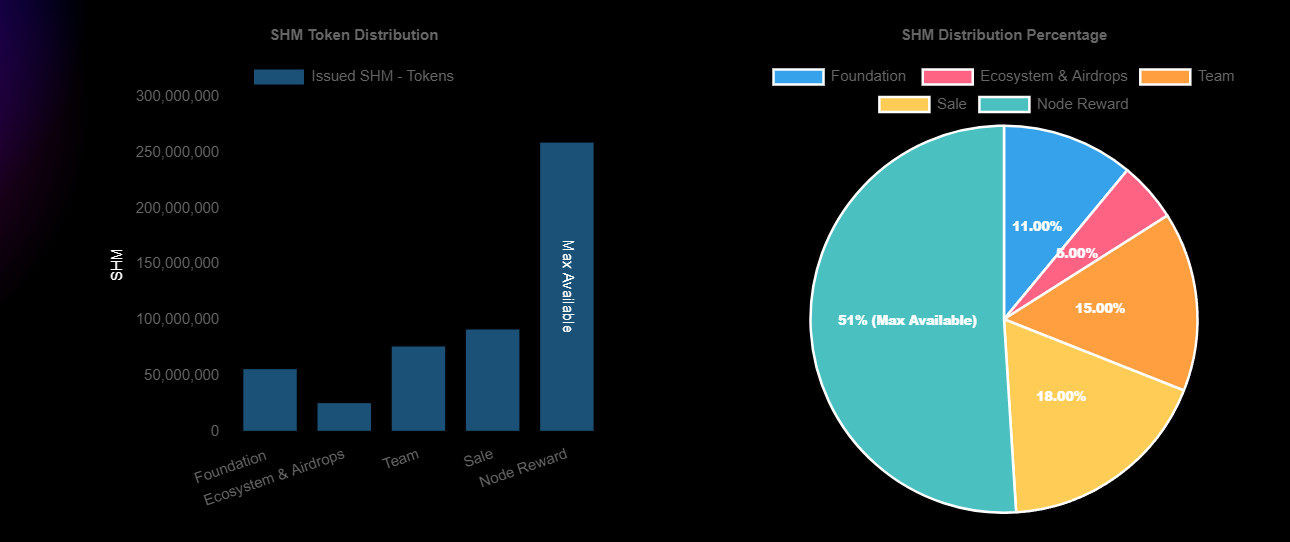
The $SHARD utility token is the designated payment medium within the Shardeum ecosystem, facilitating access to various services. The network operates a marketplace for data services, allowing clients to acquire various offerings using $SHARD tokens. These services encompass storage, analysis, as well as the validation and verification of data. Furthermore, users can stake $SHARD tokens to participate in hosting nodes, validating blocks within the network and consequently earning stake rewards. This integrated system ensures a seamless and incentivized utilization of $SHARD tokens within the Shardeum platform.
Genesis – 64.58%

Website | X(Twitter)
Sector – Liquid Restaking
Status – Active
TVL – 440K
GenesisLRT is a novel restaking platform developed to work in tandem with the EigenLayer protocol on the Ethereum blockchain. It aims to revolutionize the staking experience by allowing users to restake Ethereum (ETH) and enhance their rewards through a process that maintains liquidity and ensures composability in the broader DeFi ecosystem.
How does it work?
The initiation of the procedure commences with an investor depositing Ethereum (ETH) into the GenesisLRT application. Upon depositing ETH into the decentralized application (dApp) provided by GenesisLRT, the cryptocurrency is staked on Ethereum’s Beacon Chain, an integral component of Ethereum’s Proof of Stake system. The act of staking ETH serves the dual purpose of enhancing the security of the Ethereum network and enabling the investor to accrue staking rewards. Consequently, the investor’s ETH supports the Ethereum blockchain’s integrity and generates additional yield. Subsequently, the staked ETH undergoes a directed transfer to the EigenLayer framework, facilitated through a tool known as an EigenPod. An EigenPod, functioning as a smart contract within the EigenLayer ecosystem, assumes responsibility for managing validators’ balances and withdrawal statuses.
In the final phase of the process, the staked ETH is allocated to EigenLayer Node Operators. These operators play a crucial role in maintaining network security and validating transactions by executing Actively Validated Services (AVS). AVSs represent key innovations promoted by EigenLayer, connecting Ethereum with various off-chain services. Through active participation in this comprehensive process, restakers validate transactions facilitated by AVSs, fostering a robust and resilient network. Moreover, this engagement can yield higher returns for investors on their staked ETH.
Token
GenesisLRT unveils its native $GEN token, designed for a pivotal role within the protocol:
- Protocol Governance Token: As the protocol governance token, $GEN enables delegate voting, allowing stakeholders to participate actively in crucial decisions. Investors can select EigenLayer’s Node Operators, enhance rewards for restaked assets, and contribute to the general governance of the protocol.
- Voting for Validators and Operators: $GEN empowers users to vote for validators, operators, and Actively Validated Services (AVSs) involved in the ReStaking process. This includes influencing the delegation strategy employed by these entities and promoting a more inclusive and collaborative ecosystem.
- Voting for DeFi Gauges: $GEN token holders can vote for decentralized finance (DeFi) gauges. The allocation of GEN token rewards to a pool is determined by the number of votes it receives. Additionally, the Total Value Locked (TVL) in a pool correlates with allocating GEN token rewards, creating a mechanism that encourages and rewards active participation in the decentralized finance space.
Polyhedra- 62.50%
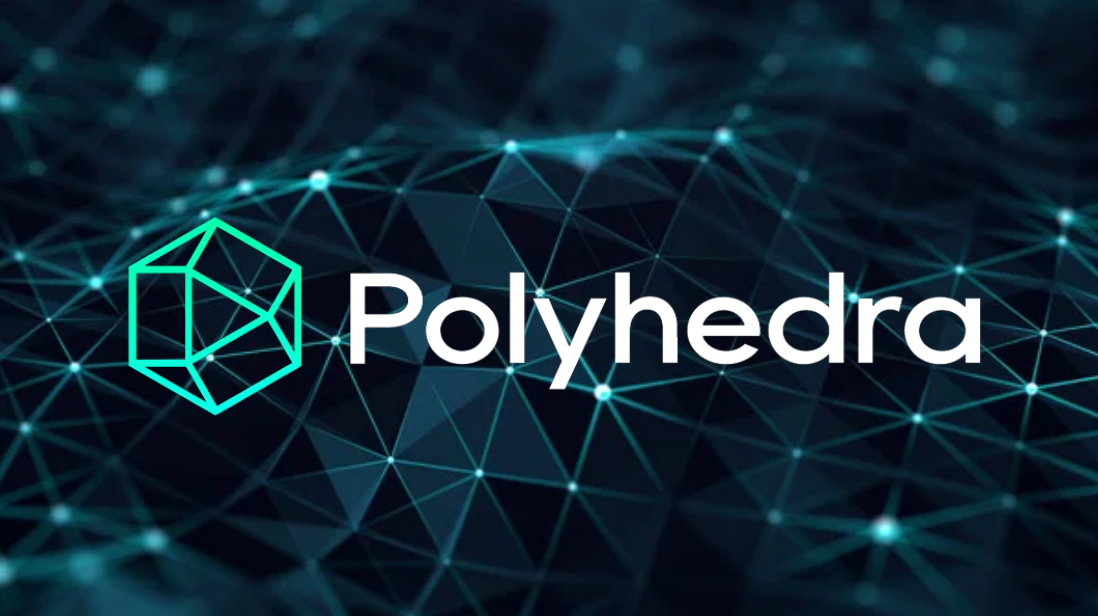 Website | X(Twitter)
Website | X(Twitter)
Sector – Interoperability
Status – Active
Polyhedra Network is actively engaged in the development of cutting-edge infrastructure to facilitate Web3 interoperability. The team utilizes advanced zero-knowledge proof (ZKP) technology, a foundational cryptographic primitive ensuring data integrity and computations while upholding data confidentiality. Polyhedra Network offers meticulous privacy enhancements tailored for Web3 by incorporating stealth address models. This strategic approach addresses the imperative of privacy preservation and aligns seamlessly with compliance policies, ensuring a harmonious balance between enhanced privacy features and regulatory requirements.
- zkBridge: The zkBridge platform employs zkSNARKs to empower a prover in efficiently substantiating to the receiver chain that a specific state transition has occurred on the sender chain. Comprising a block header relay network and an updater contract, zkBridge operates by retrieving block headers from the sender chain, generating proofs of their validity, and transmitting both the headers and proofs to the updater contract, strategically positioned on the receiver chain. The updater contract, equipped with a light-client state, autonomously incorporates sender chain block headers upon successful proof verification, thereby updating the current main chain of the sender chain.
- Polyhedra ZK-DID: Polyhedra ZK-DID introduces a verifiable credential system renowned for its security, interoperability, scalability, and user-friendly attributes. This system, safeguarding user privacy through advanced zero-knowledge proof technologies, serves versatile purposes across both Web2 and Web3 domains.
- ZK-NFT Container: The ZK-NFT Container, a pioneering NFT protocol, accommodates other NFTs and achieves unparalleled interoperability. Through the encryption of the container pointer with zero-knowledge proofs, the privacy of associated assets is meticulously safeguarded, marking a significant advancement in the protection and confidentiality of NFT-related information.
Investors
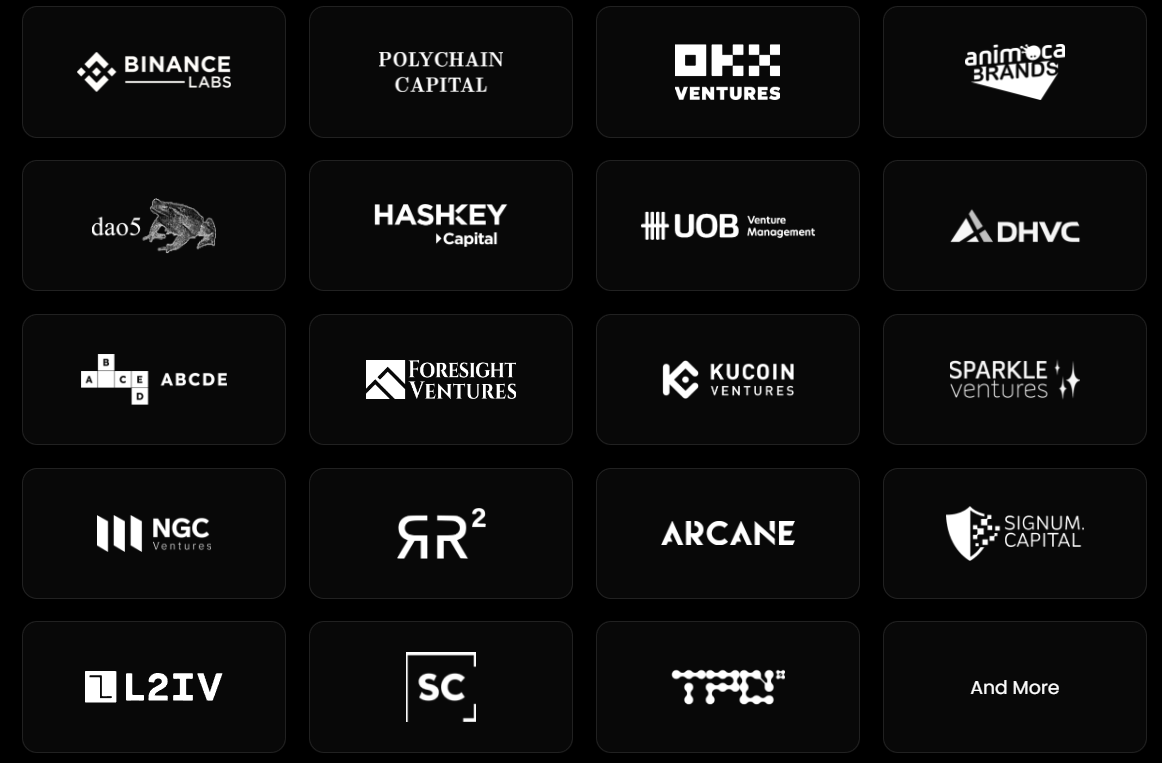
Fuel Network- 62.50%
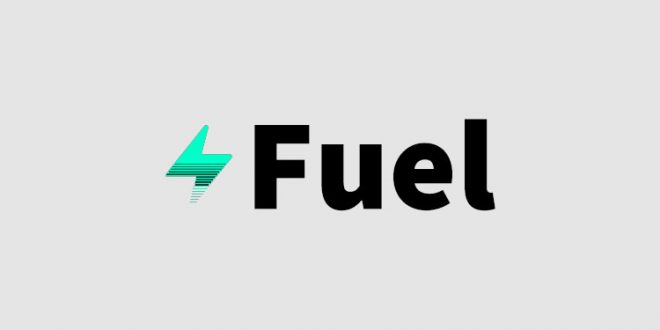
Website | X(Twitter)
Sector – Modular Blockchain
Status – Testnet
The inaugural iteration, Fuel v1, emerged as a layer-2 (L2) scalability solution designed for the monolithic Ethereum ecosystem. Pioneering as the initial optimistic rollup deployed on the mainnet Ethereum in late 2020, Fuel v1 marked a significant advancement in scaling technology.
In its current state, Fuel has evolved into the fastest modular execution layer, prioritizing both security and adaptable throughput. With a steadfast commitment to an enhanced developer experience, Fuel Protocol has positioned itself as the world’s leading modular execution layer. This distinction is attributed to its technological foundation, grounded in three key pillars: parallel transaction execution, the Fuel Virtual Machine (FuelVM), and a developer-friendly environment featuring the Sway language.
Parallel Transaction Execution: Fuel leverages a distinctive approach to transaction execution, employing parallel processing through strict state access lists structured in a UTXO (Unspent Transaction Output) model. This innovative strategy enables Fuel to harness the latent processing power of multiple threads and cores within a CPU, which often remain underutilized in single-threaded blockchain systems. Consequently, Fuel achieves unparalleled computational efficiency, state accesses, and transactional throughput compared to its single-threaded counterparts.
Fuel Virtual Machine (FuelVM): Crafted to mitigate inefficiencies inherent in traditional blockchain virtual machine architectures, FuelVM significantly expands the design possibilities available to developers. Informed by lessons learned from past mistakes and insights gleaned from years of production blockchains, FuelVM stands as a forward-thinking and optimized solution.
Sway Language: Fuel enhances the developer experience by introducing Sway, a robust domain-specific language complemented by a supportive toolchain named Forc. This development environment not only preserves the advantages of smart contract languages like Solidity but also incorporates the innovative paradigms introduced in the Rust tooling ecosystem. The result is a powerful and streamlined experience for developers leveraging Fuel’s Sway language and Forc toolchain.
Investors
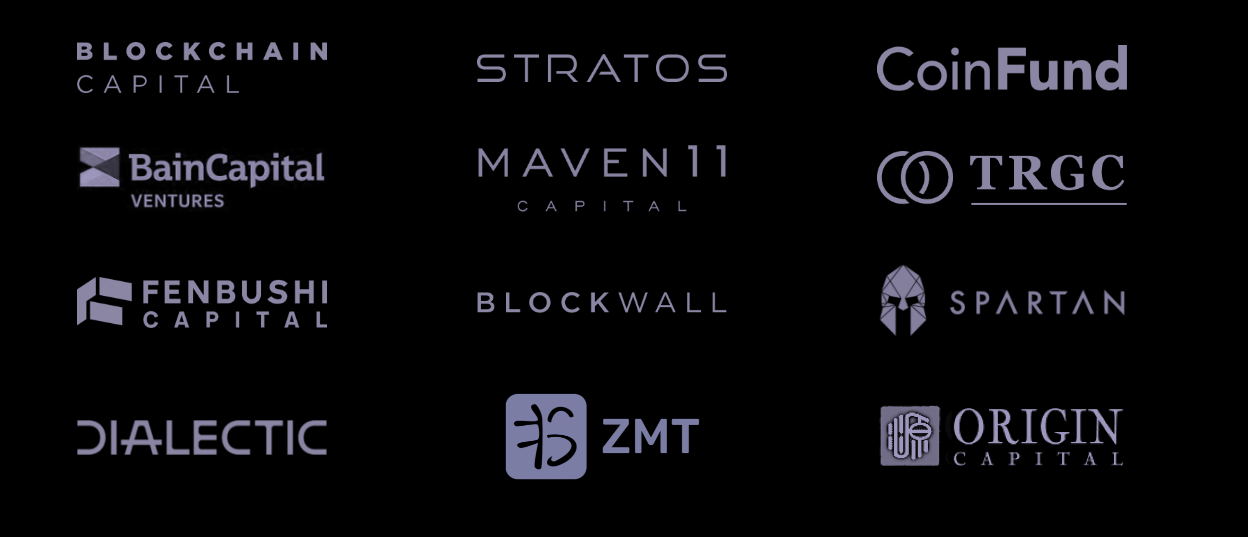
Kuroro Beast- 60.42%

Website | X(Twitter)
Sector – Gaming
Status – Not yet launched
Kuroro Beasts stands as a multifaceted gaming ecosystem, unfolding on the captivating landscape of Kuroro Island. In this expansive realm, Beasts endowed with elemental powers roam freely, providing the backdrop for global trainers to embark on a journey of exploration, collection, crafting, battles, and elemental mastery.
The immersive world of Kuroro Beasts extends an invitation to gaming enthusiasts at no cost, allowing free access to its engaging games. However, ownership of unique assets such as Origin Beasts and Golden Badges offers a distinctive opportunity for individuals to claim a stake in the ecosystem. By acquiring these special assets through Kuroro Ferry Tickets, which serve as the original invitation to the Kuroro Archipelago, participants become stakeholders, sharing in the community’s growth and developing enriching experiences.
Currently, the development focus is on Beast Brawl, a web-based player-versus-player (PvP) battle game akin to Pokemon battles. Additionally, a mobile-first, cross-platform Massively Multiplayer Online Role-Playing Game (MMORPG), yet to be named, is in the pipeline. Both games follow a free-to-play (F2P) model, allowing players the freedom to enjoy the experiences without financial commitments. While optional purchases of aesthetic items, limited collections, or Origin Beasts are available, these acquisitions are not essential for gameplay, ensuring a balanced and accessible gaming environment.
Token
$KURO serves as a cross-game token, embodying the intrinsic value of the Kuroro Beasts ecosystem. The token is designed to facilitate diverse applications, including but not limited to the acquisition of new collections, cosmetic items, and premium purchases within the gaming experiences offered by Kuroro Beasts. The versatility of $KURO positions it as a valuable asset, enhancing the overall user experience and contributing to the dynamic ecosystem of Kuroro Beasts. More details will be revealed later.

